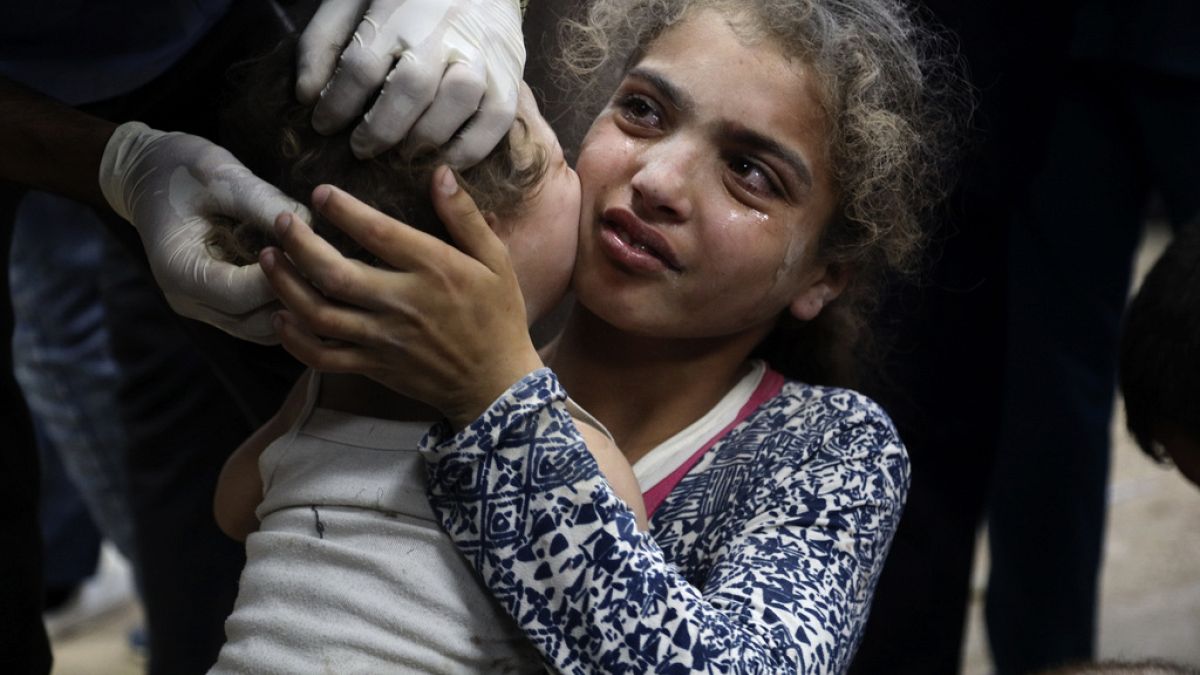The recent violence in Gaza has led Doctors Without Borders to report at least 70 bodies and 300 wounded individuals, mostly women and children, being brought to a hospital in central Gaza since Tuesday. This increase in casualties is due to the Israeli military’s operational activity in two areas of central Gaza, which has resulted in airstrikes and a targeted daylight operation. With a surge in patients arriving with severe injuries, the Al-Aqsa Martyrs Hospital in Deir al-Balah is struggling to cope.
International efforts continue to broker a ceasefire deal between Hamas and Israel, with US and Qatari mediators meeting in Doha to finalize the agreement. While US President Joe Biden announced a three-phase ceasefire plan last week, Israeli leaders have expressed a desire to continue fighting Hamas until the group is eliminated. The United Nations Security Council has been urged to support the ceasefire proposal as tensions continue to escalate in the region.
In a separate development, thousands of individuals participated in a nationalist march through a Palestinian area of Jerusalem, chanting provocative slogans that heightened already surging tensions. The annual “Jerusalem Day” march marks Israel’s capture of east Jerusalem in 1967, an event that is controversial and contested by Palestinians. The march has a history of inciting violence and has previously led to conflicts, including a war with Hamas three years ago.
United Nations agencies have issued a warning that over 1 million Palestinians in Gaza could face life-threatening starvation by the middle of next month if hostilities persist. The collapse of the local food system, combined with heavy restrictions on humanitarian access, has exacerbated hunger in the region. As the situation deteriorates, efforts to address the dire humanitarian crisis are underway to prevent a catastrophic outcome for the vulnerable population.
Amid the ongoing conflict, Israeli Prime Minister Benjamin Netanyahu visited the northern border with Lebanon, promising to restore security in the region. This visit followed brush fires ignited by Hezbollah rocket attacks, further escalating tensions between Israel and Lebanon. Meanwhile, a shootout outside the US Embassy in Beirut resulted in a Syrian national being shot and captured by Lebanese soldiers. The incident highlights the volatile situation in Lebanon, where tension continues to simmer amid ongoing clashes between militants and Israeli troops.
The latest developments in the conflict between Israel and Hamas have highlighted the urgent need for a ceasefire to prevent further loss of life and alleviate the dire humanitarian situation. With casualties mounting and hunger becoming a pressing issue in Gaza, international efforts to broker a peace deal and provide humanitarian assistance are crucial. As violence continues to escalate and tensions rise, the need for diplomacy and de-escalation becomes increasingly urgent to prevent a wider war and protect the lives of innocent civilians caught in the crossfire.









